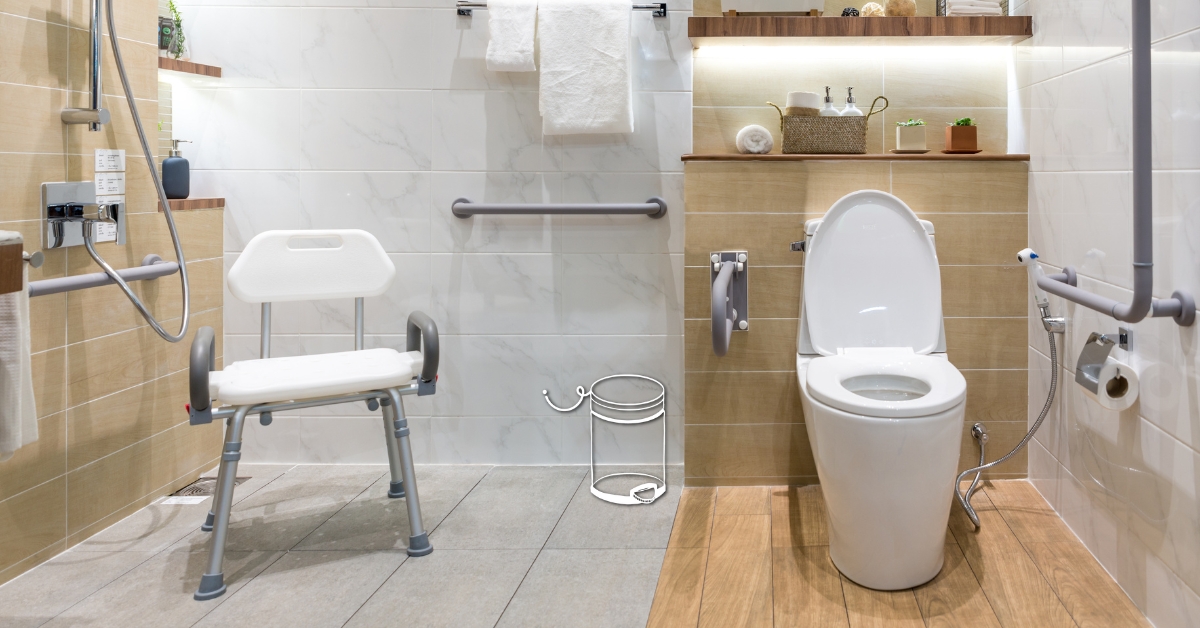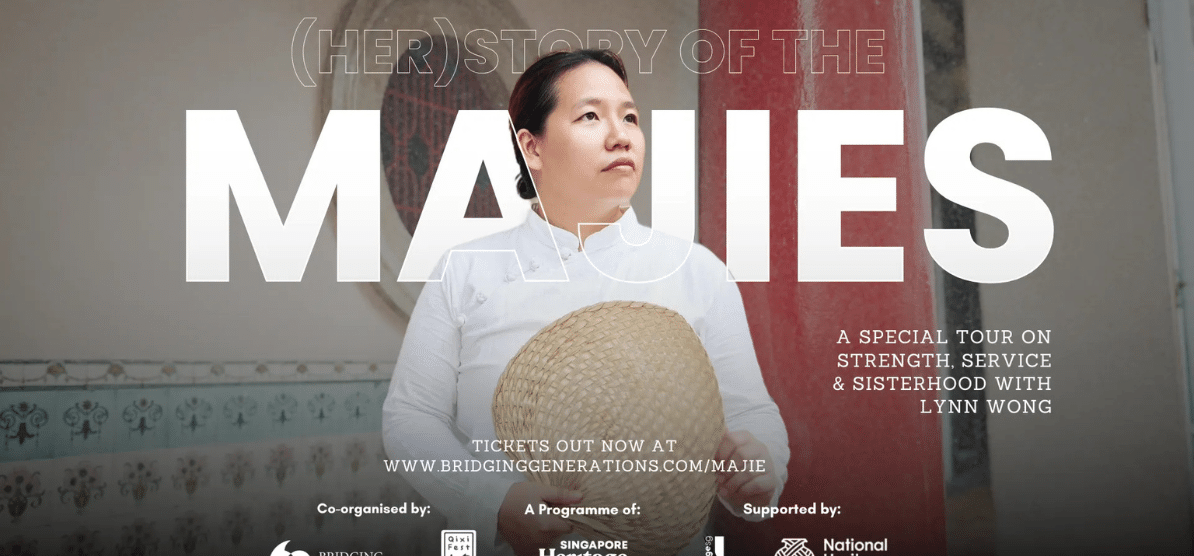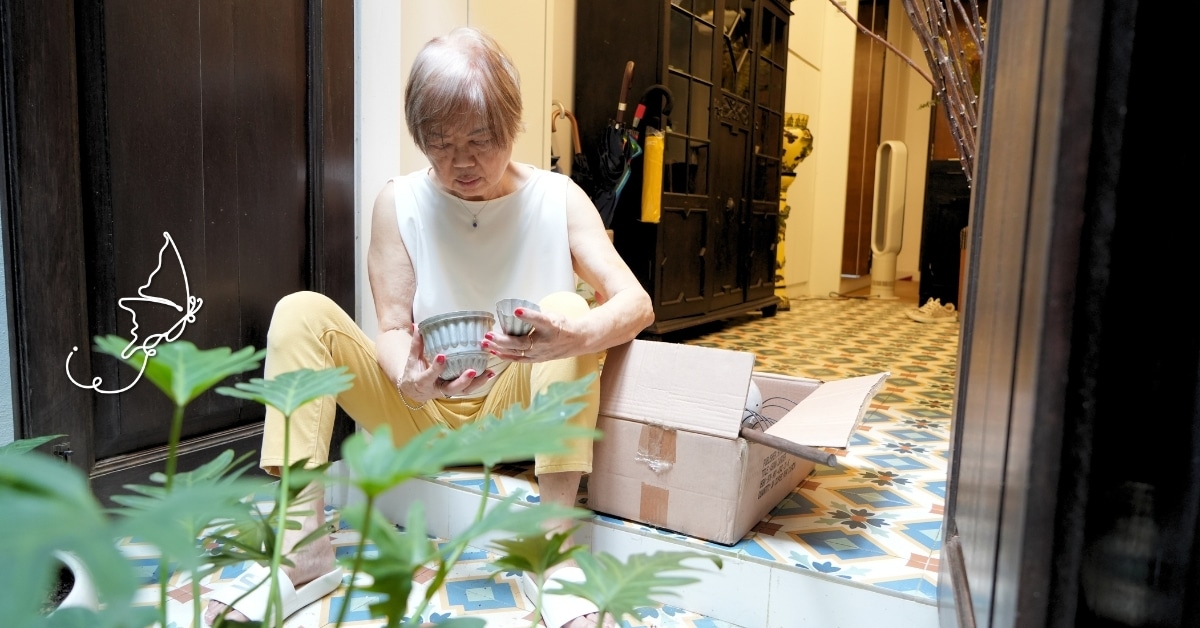
Downsizing is something we all face eventually – whether it’s from a spacious landed home to a modest apartment, or from a private condominium to a three-room HDB flat, or even to just a single room if we join our children’s household.
As we approach our 70s, many of us will inevitably move into a smaller space.
The advantages are clear. We sell our big home, reap some capital gains, and find a place that better suit our reduced needs. With the children all grown up and moved out, we would only need two bedrooms: a master bedroom and a guest bedroom.
It would also mean having a smaller space to clean, yet sizable enough to fit all our beloved belongings. The house would possibly be closer to public transport links too, as we would also have sold the car.
Once decided, the ‘Big Move’ looms, complete with all its inherent, unexpected problems.
Advertisement
My personal downsizing journey
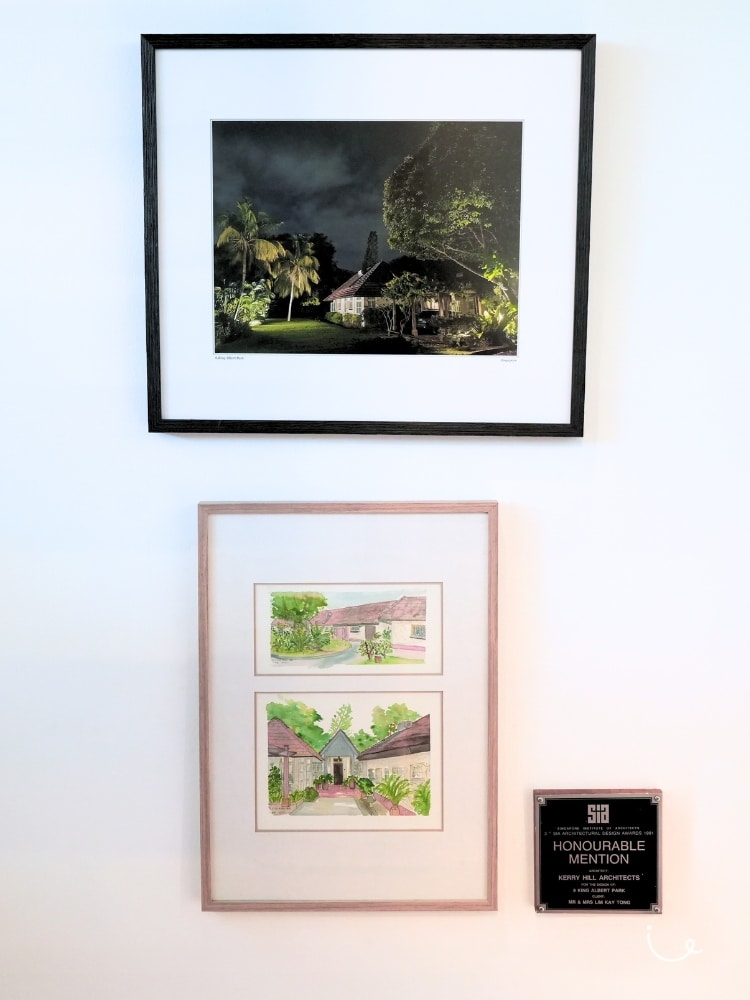
We had moved from a bungalow (a family home), to a condominium townhouse, simply because it was smaller and cheaper to maintain.
The decision to move to a townhouse was made because I still wanted to park at my front door and not have to take a lift to my unit.
That was one criterion fulfilled, but there were others that need to be negotiated. For one, the townhouse has four floors yet with no space for an elevator. So stairs were the only option.
Someone commented that climbing stairs could be my daily exercise. I was unsure at first, then finally cottoned on that most times, I would only have to climb one flight of stairs from the living room to the bedroom. Most double-storey terrace houses are laid out this way anyway, so it wasn’t too bad.
Another thing to note was that there would be no maid’s room, and if we had one, she would have to sleep in the guest bedroom.
We decided that a once-a-week housecleaning service would serve us better instead. The privacy afforded with no live-in help was appreciated too.
The actual move was surprisingly easy. We hired movers who also did the packing and unpacking, and so our boxes were already sorted the day we moved in.
I had done this before and knew that the secret lied in knowing exactly where everything should be.
My notebook detailed the furniture to be placed in every room, the boxes of contents belonging to that room, and even the pictures to be hung in that space.
Everything should be unpacked by the end of the day, and it worked. I merely darted from room to room to ensure that the plans were followed.
What I hadn’t accounted for was the rigidity of old habits. For weeks after we moved, I still found myself driving to the old house, only to realise that it was no longer my home upon arriving there.
While I never had a problem remembering the old house’s postal code, I could not remember the new one.
Neither could I remember the very convoluted new broadband password. I finally resorted to making stickers with the password written on it, and pasted them all over the house.
I also found myself searching for stuff I was certain I had packed, but ended up not finding them in the usual places.
The configuration of the new house had necessitated a new order of storage, and I’m still getting used to it.
I decided not to be stressed out by supposedly “lost” items, and resolved instead to buy a replacement each time I could not find the thing. I wasn’t shopping happily however, as I was disgruntled thinking it was such a waste to spend money on those.
The kitchen would have all-new appliances. It was, after all, decades since I first purchased and installed them back at the old place.
It’s nice, except that I now did not know how to operate the hob, hood, microwave, oven, fridge, and dishwasher. The new appliances take some getting used to.
I spent the next few weeks reading instruction manuals. These are certainly not my preferred reading material. A lesson learnt: change out one appliance at a time to better cope with the adjustment period.
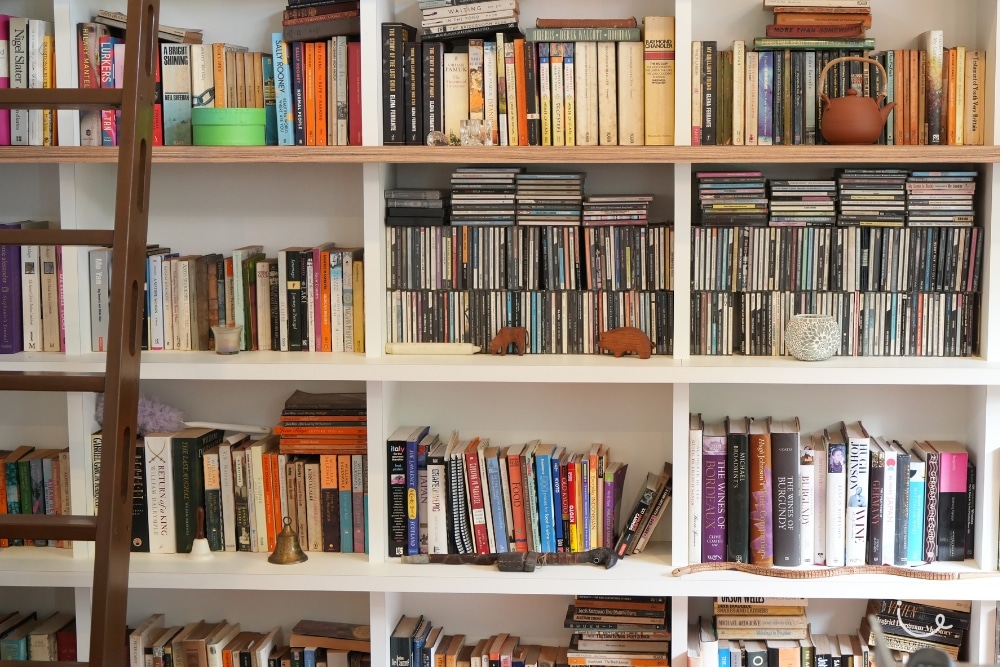
There were also too many books, photographs, vinyl records, CDs, and yes, even newspapers to sort through. Everyone has them, it seems. How does one reduce this pile?
A friend converted an entire floor in his new home into a study with wall-to-wall bookshelves. Even that did not solve the problem. He still had books lying in piles around the floor. Few of us have the luxury of such space.
Eventually, it took about a year to cut down our pile. The books went to the library, the photographs to a younger relative who maintains an archive of old family photographs, while our son recommended storing the more recent photographs digitally.
We did so, but now do not know how to retrieve them. I long for the photo albums that we had thrown away.
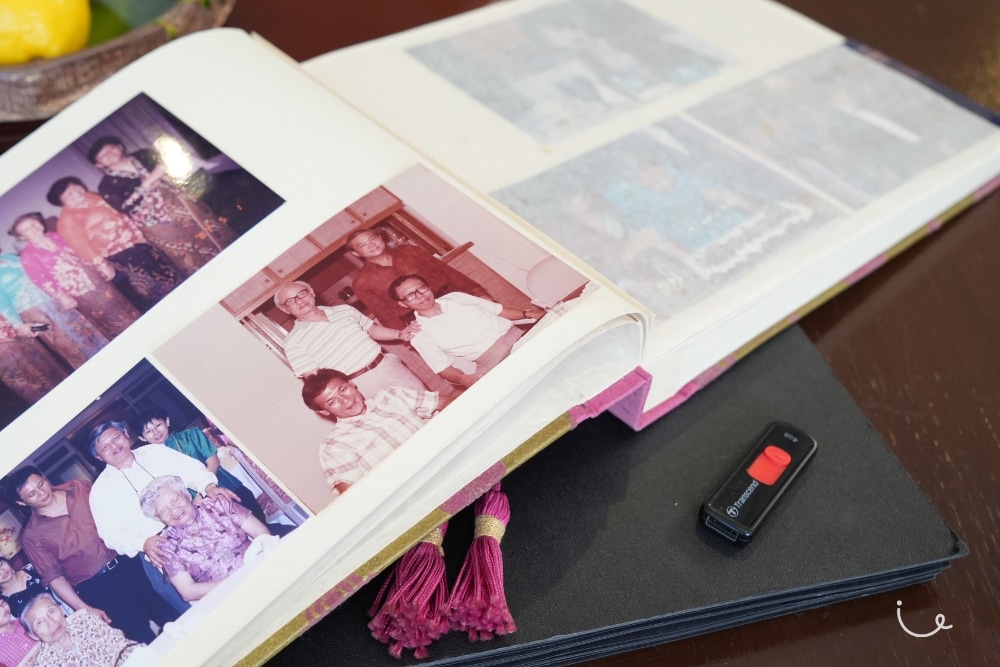
We called the recyclers for help, but were told that old vinyl records were junk, unless they were in pristine condition (they weren’t). The paper covers could be recycled, however.
We did not get round to the CDs, which we still have, but we had thrown away the player so we can’t listen to them anymore.
Then there are the years of old newspapers collected, which had filled a double filing cabinet crammed so full we could not add even one more sheet.
So we bought an industrial shredder, shredded every single sheet and gave away the filing cabinet. Now we shred all the time. No need for filing cabinets. Lots of stuff can be found online these days anyway.
Also read:
Caring For The Future of My Autistic Adult Child: This Mother’s Enduring Love And Plan
Susie Lim reflects on caring for her autistic adult child as she ages. Beyond his caregiving needs, she is also planning for his future when she is no longer around to care for him.
Camino de Santiago At 55: Lessons, Tips, And Life-Changing Insights From A 925km Walk
What began as an escape became a life-changing pilgrimage of healing, discovery, and faith on the Camino.
Moving is not just a physical act
These are all the practical concerns, but moving is also an emotional exercise, especially for us older folk with long memories.
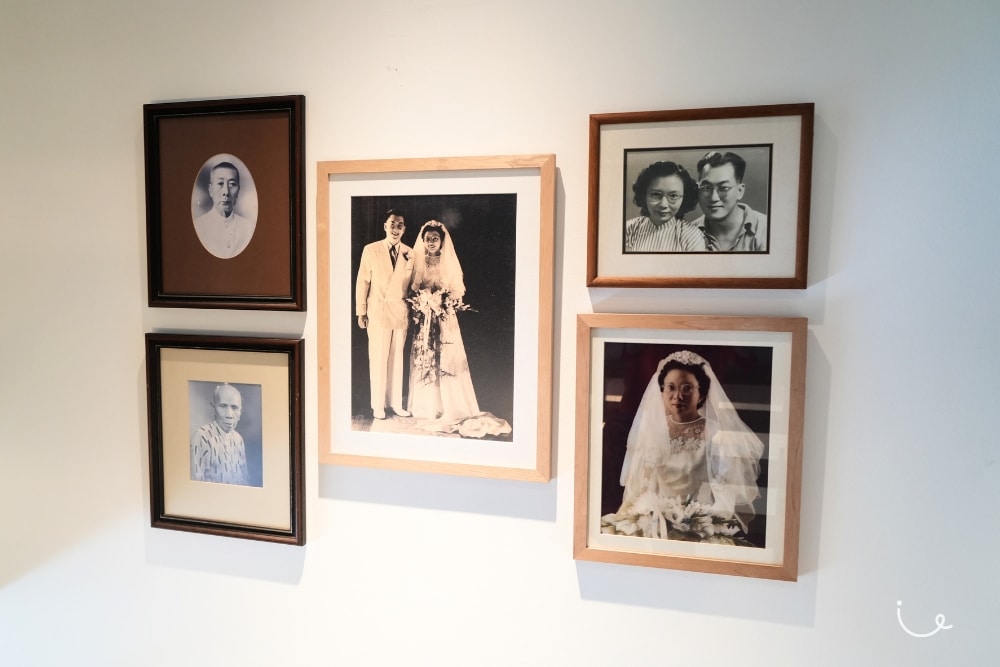
To assuage that ache, I created a memory wall in the new house where I hung pictures of the old house. I also hung photos of long departed relatives there. It comforts me and reminds me of where I came from.
But I am still sad, and so are my grandchildren. They miss the “secret garden” found at the end of the sprawling grounds of the old house when they visited and not having to climb stairs to get to the study (which is now on the fourth floor).
So I firmly tell myself that change is what life is all about and moving house at this age is just another milestone, like when I turned 21 or when I retired from work.
It’s something we should all just get on with.

